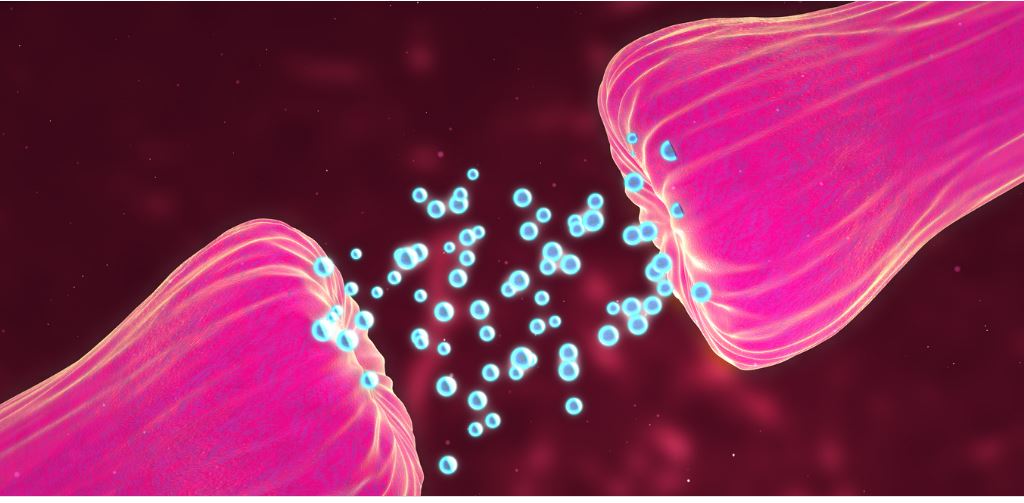
A new study at the Netherlands Institute for Neuroscience has examined how the dopamine system processes aversive unpleasant events.
It is well known that the dopamine system plays a crucial role in motivation, learning and movement. One of the main functions of dopamine is to predict the occurrence of rewarding experiences and the availability of rewards in our environment. In this context, the dopamine system informs our brains about so-called ‘reward prediction errors’ — the difference between received and predicted rewards. Dopamine neurons become more active when a reward occurs unexpectedly or if it is bigger than expected, and they show depressed activity when we receive less reward than predicted...
Read More






Recent Comments